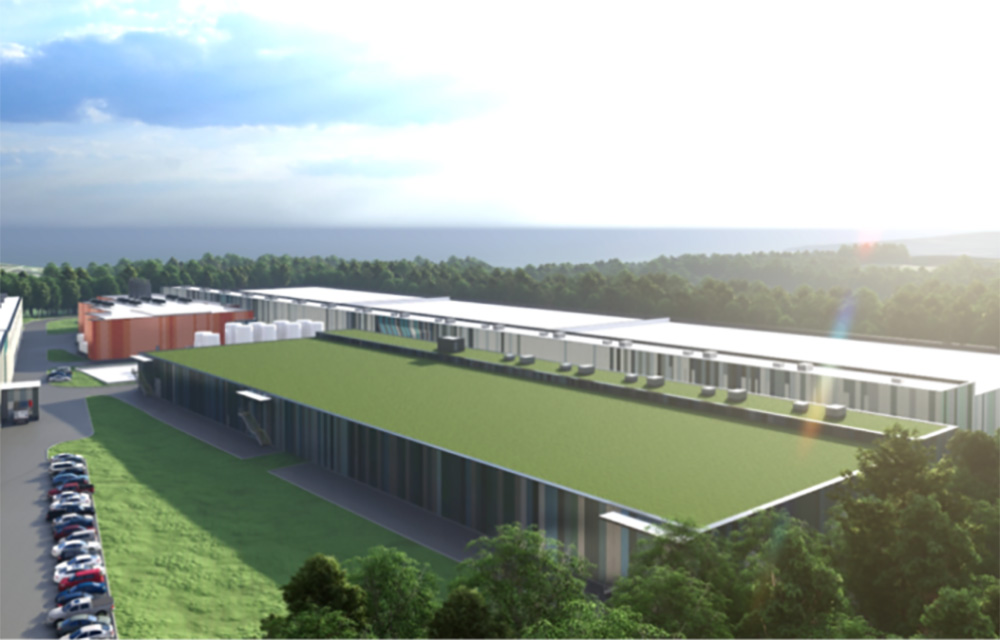Nordic Aquafarms has been attempting to build a land-based salmon recirculating aquaculture system (RAS) in Belfast, Maine, U.S.A. for six years and has recently reaffirmed its commitment to the location, even though the project has yet to break ground.
Nordic Aquafarms announced its plans to build a salmon RAS in Maine in January 2018, with initial projections aiming for the 33,000-metric-ton (MT) facility to become fully operational by 2020. Now, in 2024, the company still hasn’t broken ground as it faces an onslaught of legal challenges that had the company asking the Maine Department of Environmental Protection to pause permit deadlines.
Despite the continued legal challenges, Nordic Aquafarms CEO Brenda Chandler said the company is still working on establishing a facility in Belfast.
“We have spent the last several months evaluating alternatives to move this project forward. They address lesser environmental impacts while still maintaining economic value to the city,” Chandler said. “The alternatives under consideration include footprint reduction, reevaluating water use, and reducing energy consumption.”
The company, however, faces a major hurdle in building a facility in its proposed location: the lack of access to a piece of land to build inflow and outflow pipes. The company lost a Maine Supreme Judicial Court case, which found the people from whom Nordic Aquafarms purchased land access did not actually own the piece of land, citing the exact wording of a deed from 1946. While the city of Belfast plans to seize land using eminent domain, legal proceedings on that effort are still pending, and Nordic still doesn’t have access.
Upstream Watch – a Belfast-based nonprofit and one of the major opponents to the project – also recently announced a settlement with the City of Belfast stating it said would resolve litigation with Nordic Aquafarms while “permanently protecting the land around the Little River,” which is on the land Nordic Aquafarms wants to build its facility.
“With a number of court decisions last year, plus permit rescissions and suspensions, it’s clear to us that this project is never going to be built,” Upstream Watch Executive Director Jill Howell said to the Belfast City Council.
Howell said both Belfast and the company will continue to be dragged through lawsuits and Upstream Watch is offering an alternative.
It said it will arrange for a nonprofit to take over the responsibility of improving and ensuring the safety of the upper and lower Little River dams – also located on the projected site of Nordic’s RAS facility – relieving the city of potential costs totaling USD 1 million (EUR 925,000) per dam. Then, Upstream Watch said it will buy all of Nordic Aquafarm’s land on the non-ocean side of Route 1 and create a park on the location.
“The alternative offers actual benefits to the City of Belfast now, financially, through the relief of liability and future dam maintenance costs, through an end to additional attorney costs for litigation, and through the addition of green space to the community,” Howell said.
Nordic Aquafarms said even in the face of the criticism and Upstream Watch’s proposed “settlement,” it remains committed to Belfast. The company added it has already helped preserve the Little River by establishing the Little River Trail and has taken the “steps necessary to ensure the long-term protection of this cherished land” by passing ownership to the City of Belfast.
“Throughout the last year, we’ve had several small-group coffee sessions with local residents. They’ve been productive opportunities to learn what is most meaningful for the future of the aquafarm project here in Belfast,” Chandler said. “The feedback has shown us that the strong support remains, and Nordic is grateful for that dedication from our local community.”
Image courtesy of Nordic Aquafarms







